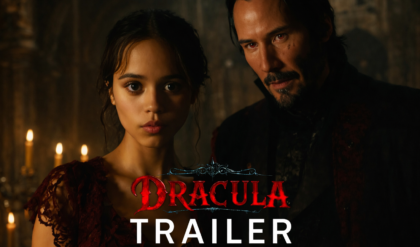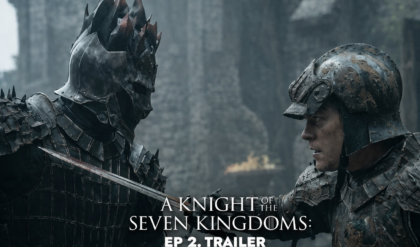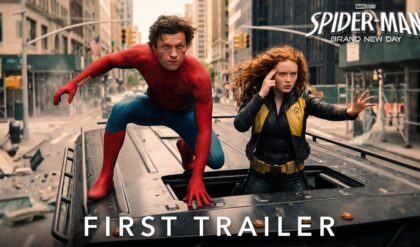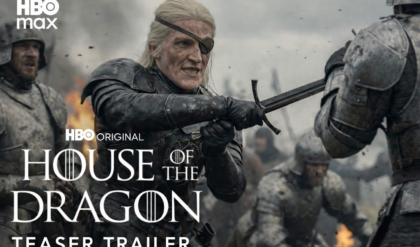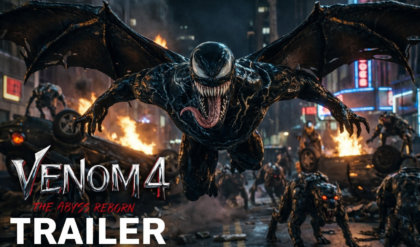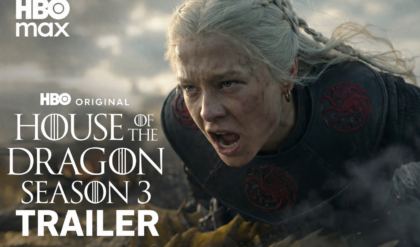Assassin’s Creed Shadows, Ubisoft’s ambitious leap into feudal Japan, has been a polarizing force since its March 2025 release. With a $300 million budget and a promise to deliver the ultimate shinobi-and-samurai fantasy, the game was poised to redefine the franchise. Yet, its launch has been a mixed bag—stunning visuals and stealth missions dazzle, but clunky AI, awkward romance scenes, and a cluttered map have left fans divided. Amid the debates, a curious sentiment has emerged online: “After playing Assassin’s Creed Shadows, I think we may have been unfair to another Ubisoft game.” The chatter, buzzing across X, Reddit, and gaming forums, points to a reevaluation of Assassin’s Creed Valhalla, the 2020 Viking epic once criticized for its bloat and grind. Let’s explore why Shadows has sparked this redemption arc, how Valhalla is finding new love, and what it says about Ubisoft’s evolving legacy.
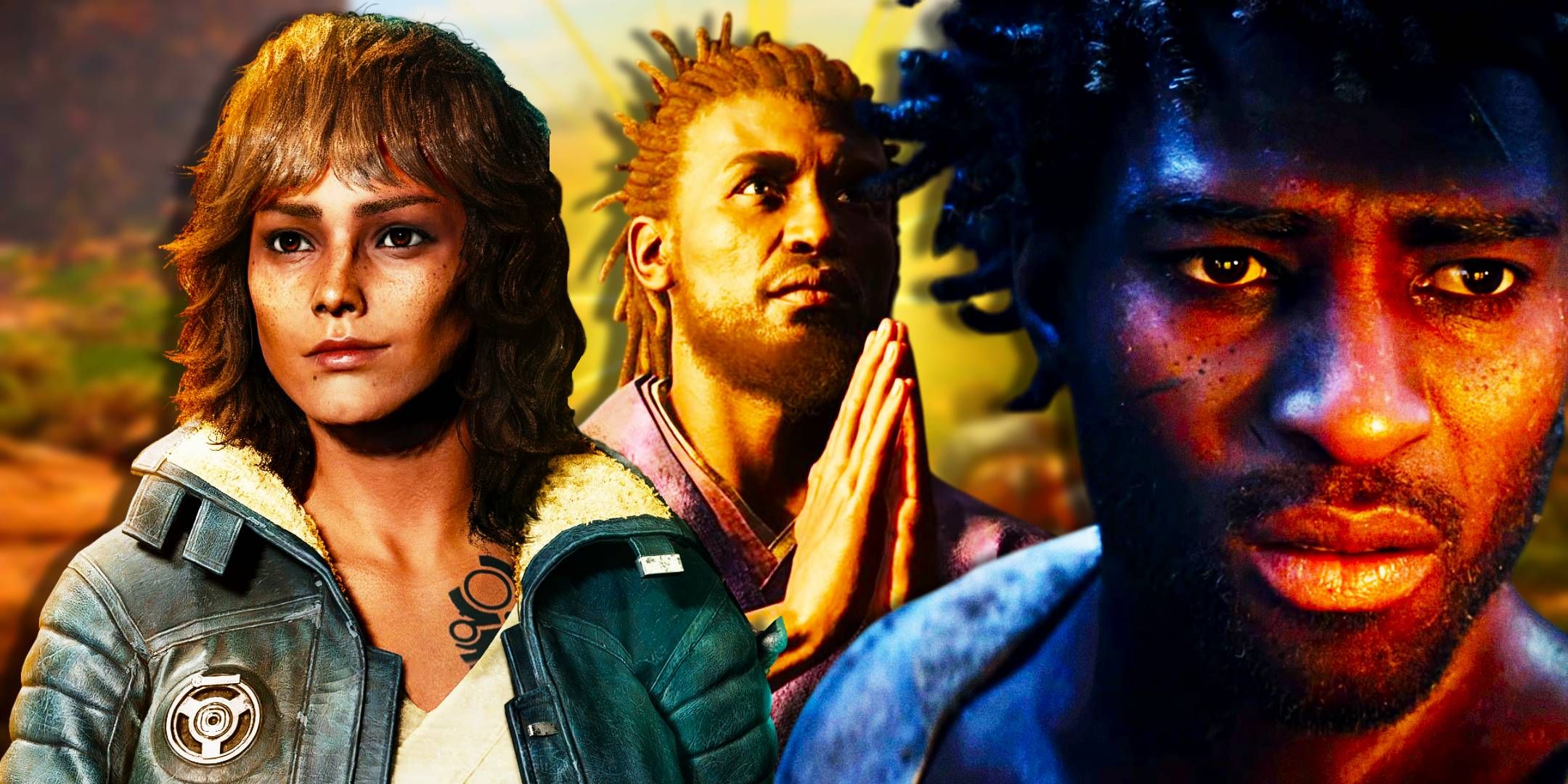
The Context: Shadows’ Highs and Lows
Assassin’s Creed Shadows thrusts players into 16th-century Japan as Naoe, a stealthy shinobi, and Yasuke, a historical Black samurai. Its open world—cherry-blossom valleys, misty castles—is a visual triumph, and its level-based assassination missions have been hailed as a stealth masterpiece. But the game’s flaws have drawn fire. Enemy AI often feels brain-dead, ignoring obvious threats. Romance scenes, like Naoe’s cliché-ridden flirtations, spark memes for their “childlike” writing. The map, overloaded with icons, frustrates navigation, turning exploration into a chore. A $25 outfit pack added fuel to the backlash, seen as a cash grab in a $70 game.
These missteps have fans reflecting on Ubisoft’s track record, particularly Valhalla. When it launched, Valhalla faced similar gripes: a sprawling map stuffed with repetitive tasks, a long campaign that dragged, and microtransactions that irked players. Critics called it bloated, with IGN noting its “overstuffed” world, and fans on Reddit groaned about hours spent collecting trinkets. Fast forward to 2025, and Shadows’ struggles have cast Valhalla in a softer light. “I trashed Valhalla for being too big,” one X post read, “but Shadows makes me miss its polish.” The sentiment is spreading, as players revisit what Valhalla got right.
Why Valhalla’s Getting a Second Look
The reappraisal hinges on Valhalla’s strengths, which shine brighter against Shadows’ weaknesses. First, its world design feels more cohesive. Valhalla’s England—muddy villages, rolling hills, Roman ruins—had a rugged charm, with regions like Wessex or Jorvik distinct yet connected. Shadows’ Japan, while gorgeous, overwhelms with its dense iconography and disjointed navigation. A Reddit thread with thousands of upvotes argued, “Valhalla’s map was busy, but I always knew where I was going—Shadows feels like a GPS glitch.” Fans now appreciate Valhalla’s balance of scale and clarity, especially its river-raid system, which made exploration rewarding without drowning players in markers.
Combat is another win. Valhalla’s melee, with dual-wielded axes, spears, and shields, felt weighty and versatile. Eivor’s battles against Saxon warlords were brutal yet fluid, with abilities like the harpoon toss adding flair. Shadows’ combat, split between Naoe’s quick strikes and Yasuke’s heavy swings, suffers from uneven AI—guards often freeze or miss cues, breaking immersion. On X, a viral clip of Yasuke slashing a motionless foe prompted comparisons to Valhalla’s tighter fights, with one user writing, “Eivor’s duels had me sweating; Yasuke’s feel like bullying.” Players now praise Valhalla’s polish, even if its skill tree was bloated.
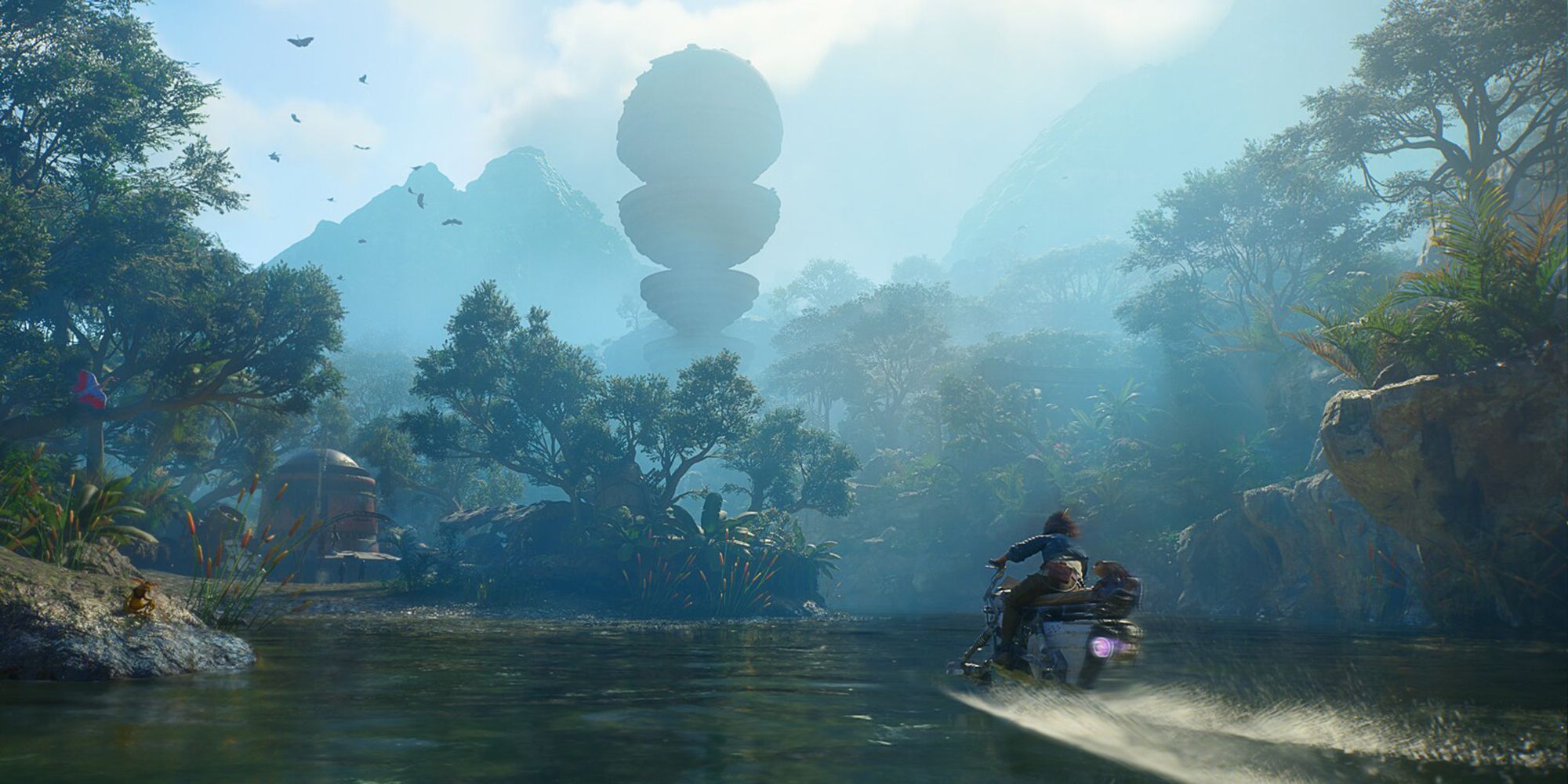
Storytelling also gets a nod. Valhalla’s saga of Eivor, a Viking seeking glory amid Norse-Christian tensions, wove historical figures like Alfred the Great into a grounded narrative. Its side quests, from quirky villager tales to mythic Asgard arcs, added depth. Shadows’ plot, centered on Naoe and Yasuke’s fight against the Shinbakufu, struggles with pacing and tone—romance scenes, mocked as “soap opera rejects,” disrupt the stakes. Fans on Steam forums now laud Valhalla’s cohesion, with one saying, “I rolled my eyes at Eivor’s 100-hour journey, but at least it didn’t try to sell me a love story with haikus.” The Viking epic’s focus feels like a strength compared to Shadows’ scattered ambitions.
The Fan Journey: From Hate to Appreciation
The shift isn’t just about mechanics—it’s emotional. Valhalla launched during the 2020 pandemic, a time when players had hours to sink into its world but also high expectations after Odyssey’s Greek dazzle. Its 100+ hour runtime and grindy gear system—upgrading armor took ages—frustrated a community craving instant gratification. Microtransactions, like time-saver packs, felt predatory, sparking Reddit rants and YouTube takedowns. “I swore I’d never forgive Ubisoft,” one X user reflected, echoing the 2020 mood.
Shadows has flipped that script. Its own issues—AI blunders, a $25 cosmetic pack—make Valhalla’s flaws seem tame. Fans now see the Viking game’s grind as purposeful, rewarding exploration with gear that felt earned. Its DLCs, like Dawn of Ragnarök, added meaty content, unlike Shadows’ promised expansions, which remain vague. On Twitch, streamers revisiting Valhalla marvel at its stability, with one saying, “No NPCs walking into walls here.” Clips of Eivor raiding monasteries, shared on X with captions like “This hits different now,” show a nostalgia taking root.
The community’s also digging deeper. Reddit threads dissect Valhalla’s lore, tying Eivor’s Isu connections to the series’ roots. Players praise its settlement-building, which gave a personal stake absent in Shadows’ transient camps. Even microtransactions feel less intrusive in hindsight—Valhalla’s cosmetics were optional, unlike Shadows’ pricier bundles that sparked boycotts. A Steam review summed it up: “I called Valhalla a slog, but Shadows makes me miss building my longhouse.”
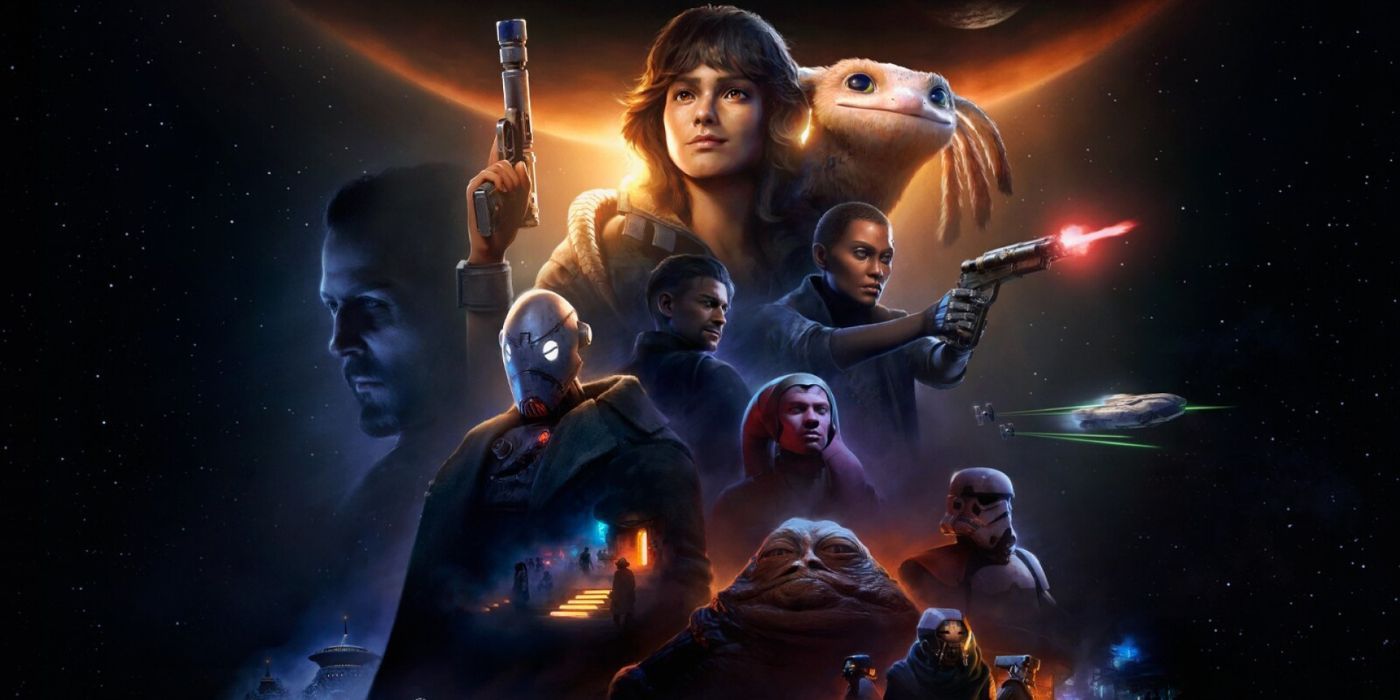
Ubisoft’s Role and the Bigger Picture
Ubisoft’s design choices fuel the comparison. Valhalla was built for longevity, with a live-service model that kept players hooked via festivals and raids. Its patches ironed out launch bugs, earning goodwill Shadows hasn’t yet matched. Shadows aimed for innovation—dual protagonists, level-based stealth—but its ambition led to cracks, like a map fans call “a cluttered nightmare.” Ubisoft’s X post promising “navigation and AI fixes” for Shadows nods to the backlash, but Valhalla’s smoother post-launch support sets a high bar.
The reappraisal reflects Ubisoft’s broader arc. The company’s been under fire since 2020, with workplace scandals, flops like Skull and Bones, and Star Wars Outlaws’ lukewarm buzz. Valhalla was a commercial hit—40 million players by 2023—yet felt like a punching bag for fans tired of Ubisoft’s formula. Shadows’ 3 million players in week one show the franchise’s pull, but its stumbles have fans rethinking what “Ubisoft polish” means. Valhalla now looks like a labor of love, its flaws a product of ambition rather than neglect.
The debate touches on gaming culture’s fickleness. Fans rush to judge—Valhalla’s Metacritic user score dipped to 6.8 amid 2020 gripes—but time softens edges. Shadows’ issues, like AI guards ignoring Naoe’s kills, feel sloppier than Valhalla’s loot grind, prompting X users to post, “We owe Eivor an apology.” It’s a cycle: today’s flop is tomorrow’s classic, especially when a new release shifts the lens.
Challenges in the Redemption Arc
Not everyone’s on board. Some fans stand by Valhalla’s flaws—its pacing dragged, and side quests like chasing chickens felt pointless. A Reddit minority argues Shadows’ Japan outshines Valhalla’s muddy England, map woes aside. “Eivor’s story bored me,” one user wrote, “but Naoe’s stealth keeps me hooked.” Others see both games as bloated, with X posts joking, “Ubisoft’s allergic to tight design.” The reappraisal is strong but not universal—Valhalla’s 100-hour slog still stings for some.
Shadows’ issues complicate the narrative. Its cluttered UI and glitchy moments—like NPCs floating mid-romance—make Valhalla’s bugs seem quaint. Yet, Shadows’ highs, like Naoe’s assassination missions, rival anything in Ubisoft’s catalog. Fans wonder if patches can save it, as Valhalla’s updates did. Ubisoft’s promise of fixes keeps hope alive, but the clock’s ticking—negative memes, like Yasuke fighting air, spread faster than praise.
Looking Ahead
The Valhalla renaissance is gaining steam. On Steam, its player count spiked post-Shadows, with reviews climbing to “Very Positive.” YouTubers are dropping “Why Valhalla Was Underrated” videos, racking up views with clips of Eivor’s axe combos. Modders enhance its visuals, while X fans share longhouse screenshots, captioned, “Home sweet home.” The game’s DLCs, once seen as cash grabs, now draw praise for their scope—Wrath of the Druids feels tighter than Shadows’ rumored expansions.
For Shadows, the lesson’s clear: polish matters. Its Japan is a masterpiece, but execution lags—AI, romance, navigation need work. Ubisoft’s got a chance to repeat Valhalla’s comeback with patches, maybe streamlining the map or fixing Naoe’s love flops. Fans are rooting for it, with Reddit threads urging, “Give us Valhalla’s glow-up.” The franchise’s next step—rumored as Assassin’s Creed Hexe—will face scrutiny, but Valhalla’s revival shows Ubisoft can win back hearts.
The Valhalla love isn’t just nostalgia—it’s a nod to what Ubisoft does right: crafting worlds that linger. Shadows’ stumbles have fans seeing Eivor’s saga anew, flaws and all. As they sail Norway’s fjords or raid Saxon forts, one thing’s certain: the Viking epic’s getting its due, proving that sometimes, you don’t know what you’ve got till a shinobi shows you the way.
